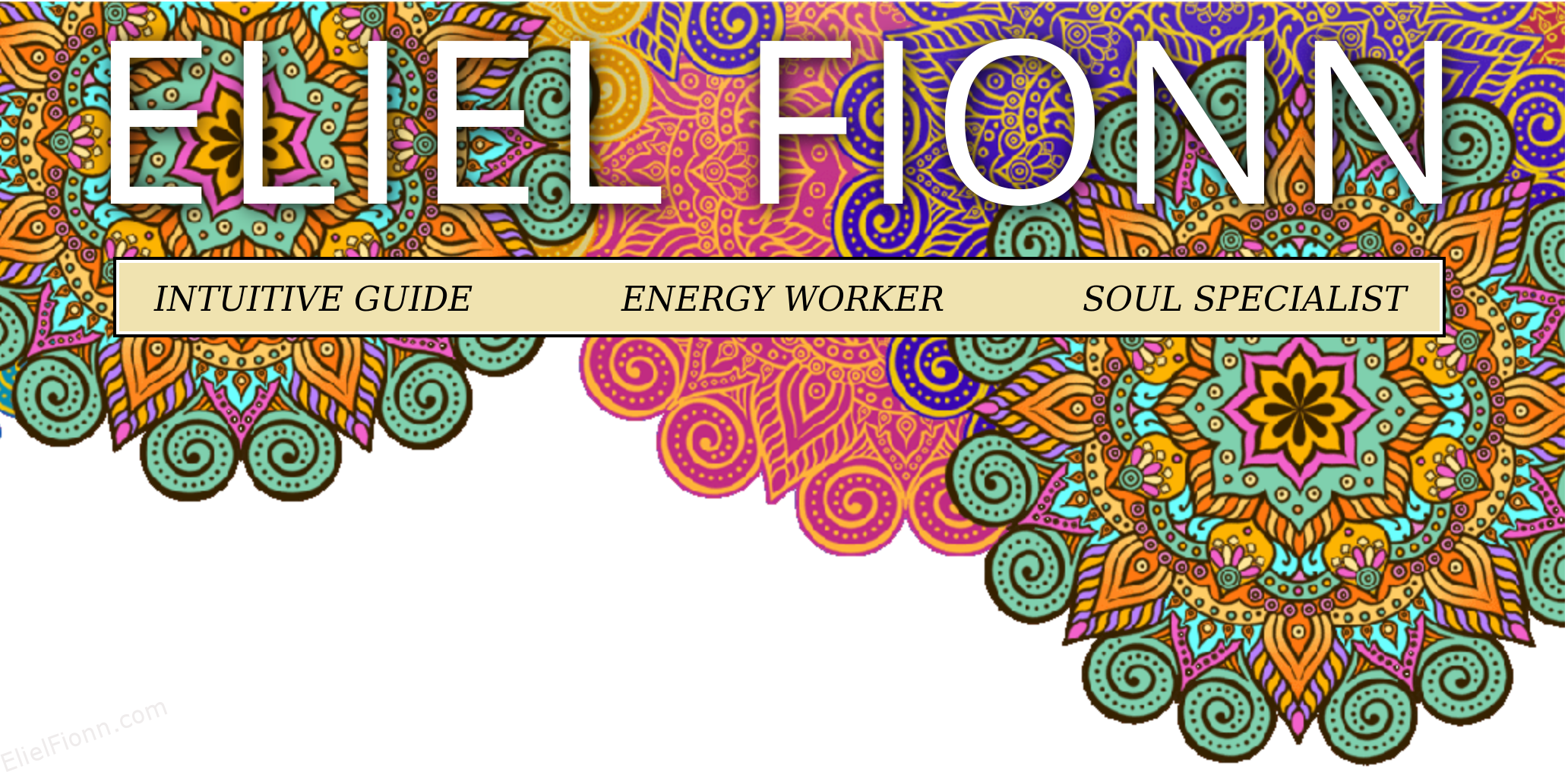Connections
We label them: mom, dad, brother, sister, son, daughter, husband, wife, lover, teacher, student, etc., but many of our connections have no description that fits easily. Sometimes we meet someone and we are instantly friends for life. Or not.
Our connections may defy explanation, like how we may tolerate the behavior of one person, but not the same behavior in another. Our friends may be as varied as our personalities. We might have many friends that we could invite to a party and they would blend well, or we might wind up with a hodgepodge of disparate folks who can barely relate.
Some people bring out the best in us; we feel safe, comfortable, and expanded in their company. Around them possibilities abound. We feel loved and accepted. Around others, we may feel small and unheard. And there may not be anything these folks are saying or doing to make us feel this way, we simply do not feel comfortable. We may love them dearly too, but not want to spend a great deal of time with them.
We might meet someone who is highly skilled and very successful, like a teacher, doctor, therapist, or business person, and we may not be able to connect to them or they with us. And because that person may be an authority, we might assume there is something wrong with us, especially if everyone else we know thinks they are amazing. And they may be exceptional, just not for us.
Depending upon the depth and quality of our connections, our boundaries change too. There are some people we love being around every day for weeks, months, years, and others we adore for briefer periods of time. And with some people, ten minutes can seem like an eternity. We may judge those around whom we feel uncomfortable, instead of accepting they they may be perfectly lovely folks, or we may judge ourselves for our own discomfort.
Examining how we connect with others can be helpful. Do we feel more relaxed getting to know people during physical activities like exercising or watching sporting events, in classroom situations, playing music, creating art, while meditating, at a party, or chatting over coffee? Do we prefer to get to know someone in a group setting or one-to-one?
Asking what is most important in making connections can also help clarify who we want to be around. Do we prefer to be around people who value interesting conversations about ideas and books, or discussions about politics and activism? Do we prefer people who don’t talk much, but like to build things? Do we prefer to be with those who share similar spiritual practices and ethics? Are we more interested in being with creative people whose values may differ, but have a reverence for art, writing, music? Do we seek out those who mostly love physical activity? Do we have a wide range of interests and friends, or a few close ones?
We make decisions about who we choose to connect with every day, and how we connect with them. And all of those descriptions that we give people, like parent, child, aunt, uncle, sister, brother, etc., may not match how we feel in their presence or they in ours. Inherent in those labels are certain cultural expectations that may not apply. And maybe we don’t have to judge them or ourselves for that.

YEP.